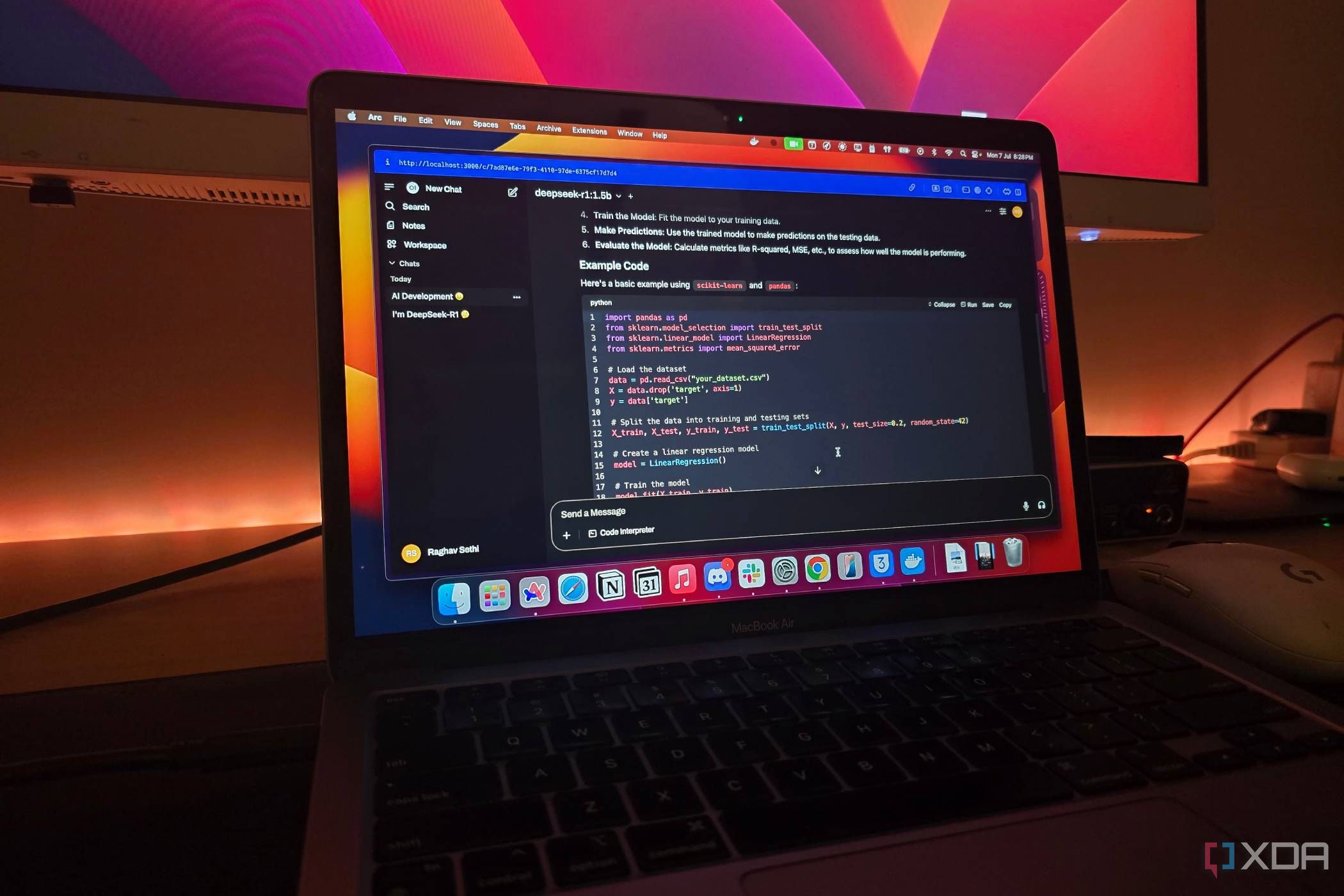BREAKING: The latest release of LM Studio is transforming how users interact with local language models (LLMs) on their PCs, making advanced AI tools accessible to everyone. This game-changing software, compatible with the OpenAI API, is enabling individuals to enhance productivity, improve accessibility, and engage in innovative workflows without the complexities of traditional LLM setups.
Local LLMs are no longer just experimental; they are becoming indispensable tools for everyday tasks. Users can leverage these technologies immediately, with applications ranging from generating alt text for images to automating email summaries—all while keeping their data secure on local machines.
Just released features enable users to create alt text effortlessly for any image displayed on their screen. Utilizing the power of the Gemma 3 27B model, LM Studio can generate descriptions that improve web accessibility, ensuring visually impaired users can understand content effectively. Although the accuracy may vary, this tool marks a significant leap in making the internet more inclusive, with users reporting that it enhances their social media and website interactions.
For those managing extensive notes or projects, LM Studio integrates seamlessly with Obsidian, a popular note-taking application. The integration allows users to employ the “LLM Workspace” plugin, facilitating direct queries within their notes. This feature not only boosts productivity but also maintains user privacy, as all data is processed locally.
Programmers will find a new ally in LM Studio as it offers enhanced coding support. Unlike Microsoft’s Copilot, which limits free users to just 2,000 auto completions a month, LM Studio provides unlimited coding assistance directly within Visual Studio Code. This change allows developers to maximize efficiency without worrying about data privacy, as all interactions remain within local environments.
Additionally, document management has become revolutionary with LM Studio’s document summarization capabilities. Users can drag and drop files such as PDFs or Word documents into the application, prompting it to generate concise summaries or relevant information instantly. This function is particularly useful for students and researchers, allowing quick access to essential details without the need for internet connectivity.
For educational purposes, LM Studio serves as an offline study companion. Similar to Google’s NotebookLM, it enables users to attach research papers and textbooks, generating structured outputs like flashcards and quizzes, all while keeping sensitive content private. This feature is crucial for students who require an uninterrupted study experience without the risk of cloud data exposure.
Moreover, users can tap into the capabilities of LM Studio by utilizing its two REST APIs. The primary OpenAI-compatible API facilitates integration with various services, while the dedicated LM Studio API allows for deeper model insights and telemetry. This flexibility opens doors for creative applications, such as using LM Studio with Home Assistant for smart home automation or Frigate for real-time video analysis.
As the capabilities of LM Studio expand, it is clear that local LLMs are not just a passing trend; they are reshaping how individuals interact with technology in their daily lives. This urgent development heralds a new era of accessibility, creativity, and efficiency for users across the globe.
Stay tuned for more updates as LM Studio continues to evolve, offering even more tools and features that promise to redefine how we utilize language models on our PCs.
